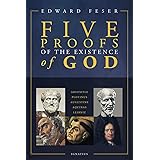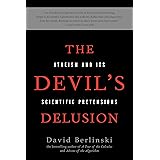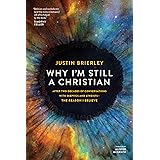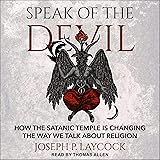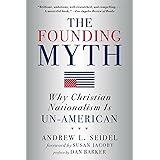One of the most cherished declarations in Christianity is found in a single, bold sentence: “God is love” (1 John 4:8). It sounds beautiful, poetic, and deeply comforting. It suggests that the essence of the universe is something tender, good, and personal. But this phrase carries an enormous implication—one that doesn’t hold up when you look at the reality of love itself.
Because love evolves. It grows, it changes, it matures. And if love evolves, then so must the God who is supposedly defined by it. Which leads us to a surprising conclusion: God is not eternal love—we are eternal lovers. And it is we who shaped God in love’s evolving image.
Love Has Never Been Just One Thing
Love today is not what it was a thousand years ago—or even a hundred. Romantic love, for instance, wasn’t considered essential to marriage until the modern era. In many ancient cultures, love was even seen as dangerous, irrational, or irrelevant when it came to choosing a life partner. Marriage was about family alliances, social status, and power—not passion or intimacy.
In today’s world, however, we place love at the center of not just romantic relationships, but family, friendship, and even ethics. We celebrate self-love, queer love, platonic love, unconditional love. These are relatively new ideas, and they’re still evolving. Some of them would have been condemned or invisible in earlier societies.
Even on a personal level, we know love changes. How we loved in our youth is not how we love after heartbreak, growth, or decades of companionship. Love matures. It deepens. It teaches us.
And if love evolves—if it bends to time, culture, and human experience—then we have to ask:
How can something changing be the essence of something supposedly eternal and unchanging?
The Theological Problem: A Mutable Emotion, An Immutable God
If God is love, and love has clearly evolved, we’re left with two uncomfortable options:
Option 1: God Evolves Too
But this contradicts one of the most essential claims of classical theism—that God is unchanging, perfect, outside of time. A God that learns or adapts is not eternal in the religious sense. If God’s essence (love) has grown or shifted, then God is subject to development—just like we are.
Option 2: Love Evolves, but God Doesn’t
This creates a mismatch. If love has evolved and God has not, then either our modern understanding of love is no longer aligned with God, or it never was. Which would mean that either (a) God’s love is outdated, or (b) our concept of love was never divine to begin with. Either way, the claim “God is love” becomes incoherent.
The Human Answer: We Created God in Love’s Image
There is a third, simpler, and far more human answer: we made God out of our evolving idea of love.
We experience love—its joy, its sacrifice, its pain—and we elevate it. We mythologize it. We turn it into poetry, philosophy, and theology. We imagine a being made of pure, perfect love, because we long for it ourselves.
In that sense, God is not love. Love is human. And God is a projection of our highest human values—constantly reshaped as those values evolve.
Love grows because we grow. And so the gods we create from love grow with us—or fade away when they no longer reflect who we are.
We Don’t Find God Through Love. We Find Ourselves.
When people say, “I found God through love,” they’re often touching something profound—but it’s not evidence of the divine. It’s evidence of our own depth.
We’re the ones capable of immense compassion, fierce devotion, and selfless sacrifice. We’re the ones who redefine love across generations, and reimagine what it means to care for others in a changing world.
So maybe God hasn’t been revealing himself to us all along.
Maybe we’ve been revealing ourselves—through the gods we’ve created.
And when we finally let go of the myth, we can begin to honor the real miracle: that love was ours all along.
About the Author:
I’m a former believer, a quiet thinker, and a lifelong seeker of clarity. After decades of faith, I stepped away from religion to rebuild my worldview on honesty, empathy, and reason. This blog is where I reflect on that journey—and explore what it means to live a meaningful, moral life without God.
“I may earn commission or revenue on some items through these links.”





